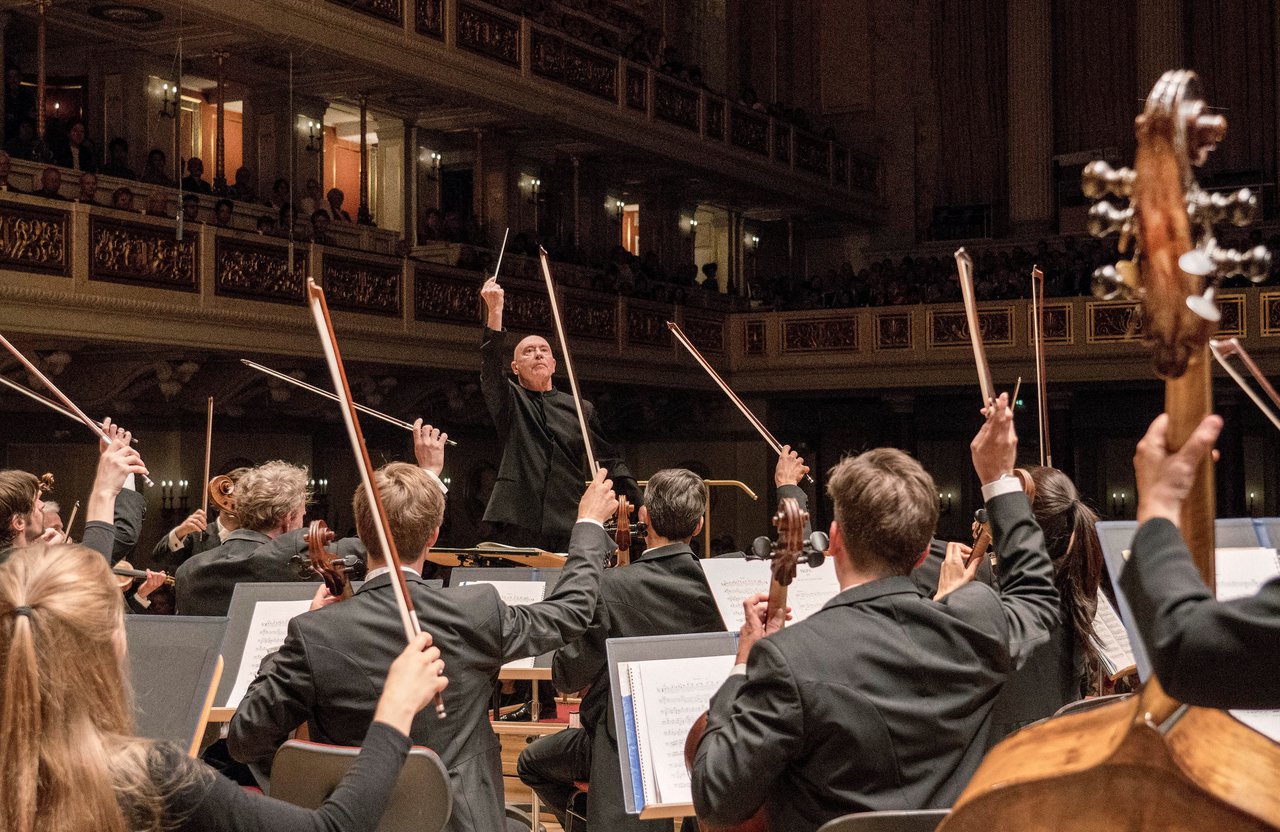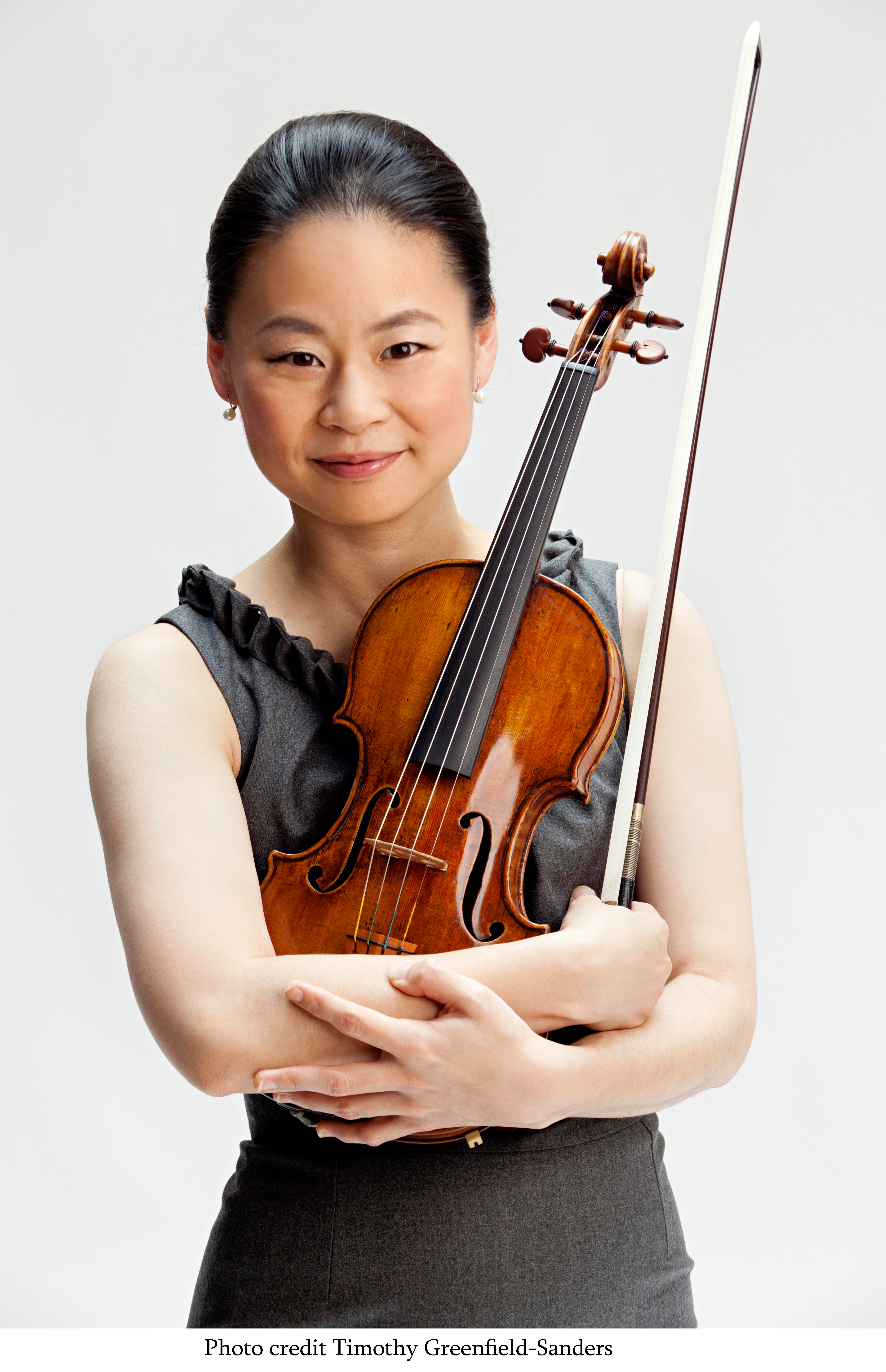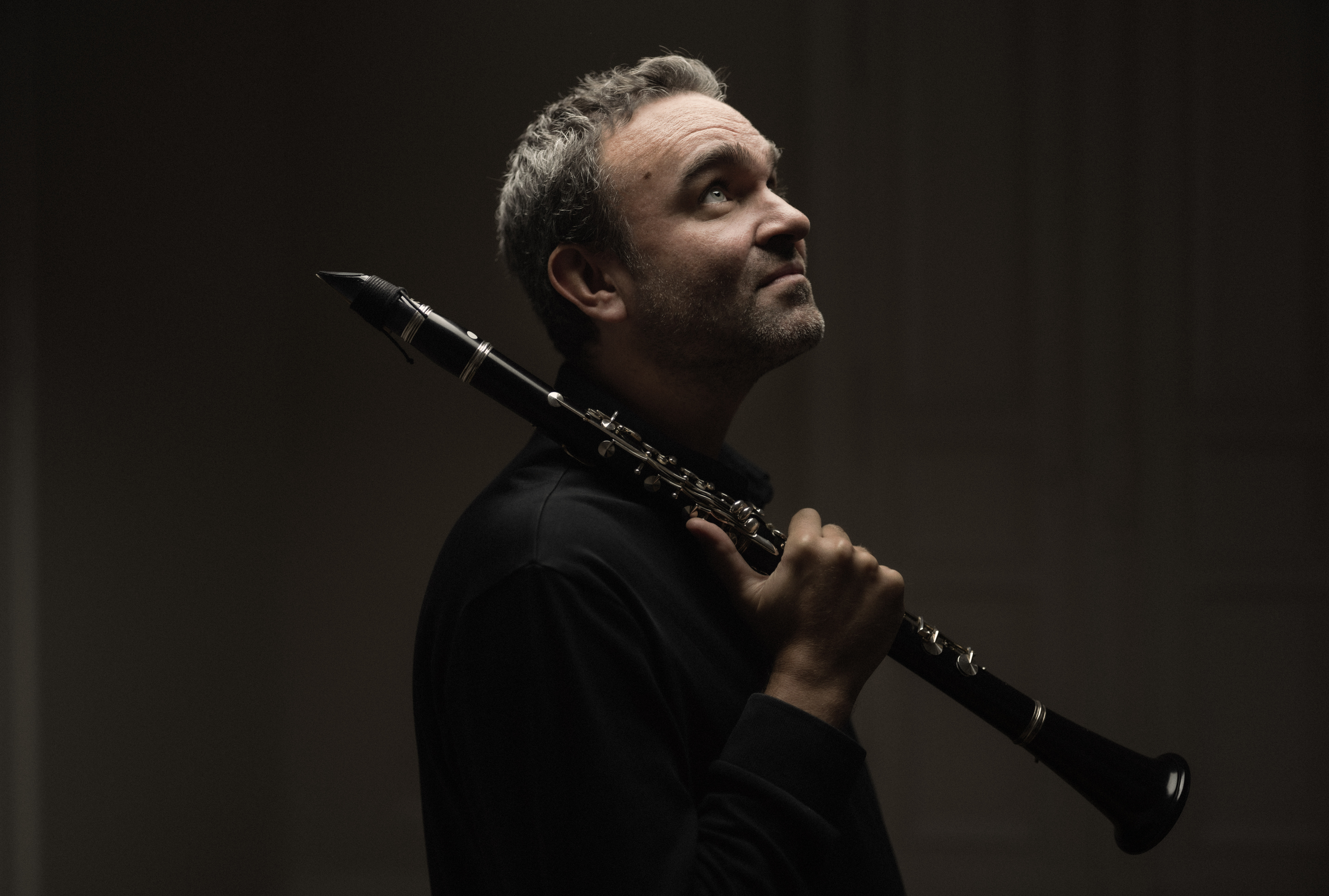11.00 Uhr
cappella academica, Christiane Silber
 © Marco Borggreve
© Marco Borggreve
What will mark your last season as principal conductor of the Konzerthausorchester?
The upcoming season has a very personal character for me – together we will experience an entire series of artists with whom I am connected through several decades of friendship and collaboration.
Is that also the case for the season opener, which showcases the great soprano Renée Fleming?
Exactly. Renée Fleming and I met in Houston in 1988 when I was musical director of the Houston Symphony and the Houston Grand Opera. She was filling in for a colleague who had fallen ill as the Countess in Mozart’s “Figaro”. This was a stroke of luck – a deep artistic and amicable connection developed out of this collaboration. We worked together on many operas. I had the pleasure of conducting Renée Fleming, a truly outstanding interpreter of Strauss, as the Marschallin in “Der Rosenkavalier” and also as Arabella, for example. She is my ideal choice for Richard Strauss’ “Four Last Songs”. I am delighted that we will begin the new season together on 26 and 27 August.

Ideal choice: Soprano Renée Fleming and Richard Strauss
After the Eighth and the First, you will now conduct three Mahler symphonies: The Fifth to open the season, then later the Fourth and the Second. You have already told us that Gustaf Gründgens laid the foundation for your love of Mahler’s symphonies.
Gründgens once gave me a record with a recording of Mahler’s Second conducted by Otto Klemperer. I simply had to hear it, he told me. After 1945, Mahler was hardly ever performed. So first it was necessary for me to become acquainted with him. My involvement with each symphony, with each of these tremendous pieces, was a key experience for me as a young person. When these works burst upon you, they never let you go.
Will this conclude your personal Mahler cycle with the Konzerthausorchester?
I would very much have liked to perform Mahler’s Ninth at the end of my run as principal conductor. But that will have to wait. For the final concert in June 2023, Schubert’s “Unfinished Symphony” and Mozart’s “Requiem” will be performed instead.
What does the last symphony completed by Gustav Mahler mean to you?
The Ninth is the crowning achievement of his entire life’s work. It poses the question of life and death and ends with a huge question mark. It is very difficult to creatively frame this question. It requires an orchestra that is able to understand this phenomenon – and the Konzerthausorchester does. That’s why performing this work together is very important to me. Of course, I will remain connected to the Konzerthaus and the orchestra.
After three seasons, how would you describe your relationship with the orchestral musicians?
I am very happy about the way the orchestra accepts the music from my hands – in both senses of the phrase. We have forged a bond of friendship in and through music.
For the spring of 2023, a tour of Japan is being planned with a focus on Brahms – the programme will, of course, also be heard at Gendarmenmarkt. Violinist Midori, with whom you have also maintained an artistic friendship for a very long time, will join you as soloist. What does this country of classical music enthusiasts mean to you?
It’s always a very special experience and a great pleasure to conduct an orchestra in Japan. We are all familiar with the outward signs of enthusiasm there – the performance halls are always full. And after every concert, endless queues of concertgoers form, holding records for autographs and offering words of encouragement and thanks. In Japan there really is an enormous understanding of music that is rooted in a tendency toward inwardness. Only those who have this inclination can understand music from its very roots. I was there for the first time in 1969 as a pianist. I fell in love with the country, literally absorbed the culture and have identified with it ever since.

Violinist Midori is travelling to Japan in the spring.
With the composer portrait of Aribert Reimann at the Musikfest Berlin in September and the world premiere of a work by Christian Mason, you are devoting two programmes to contemporary music. How did this selection come about?
Aribert Reimann and I have known each other for about 50 years. I have a close relationship not only with him, but also with his music. For me, he is one of the very great composers of the 20th and 21st centuries. He perceives music in its innermost expressive core, combines it with his own expressive will and produces highly fascinating pieces from this source. Over the decades, he has written a few pieces directly for me. These include “Nine Pieces for Orchestra”, which will be performed at the Musikfest Berlin. I have also premiered other works which he has composed. My connection with the young British composer Christian Mason started in 2015, when we were both honoured by the Ernst von Siemens Music Foundation – he was awarded with a scholarship for young composers and I received the Music Prize. I premiered one of his pieces on this occasion and hold him in very high esteem.

Jörg Widmann will be the soloist in Aribert Reimann’s clarinet concerto “Cantus” at the Musikfest Berlin on 10 September.
Photos: Marco Borggreve (cover photo; Widmann), Decca_Andrew Eccles (Fleming), Timothy Greenfield-Sanders (Midori)